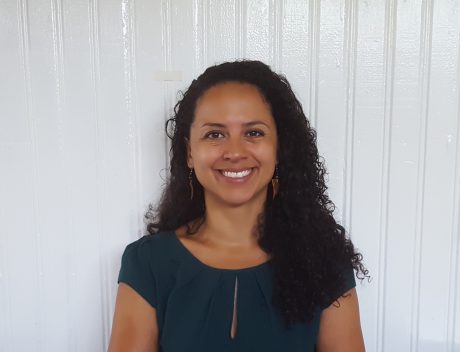
It was a lovely evening in April 2025 when I had the pleasure of hosting an extraordinary session at Goldsmiths with Carinya Sharples—writer, researcher, and an alumni of the MA in Creative Writing and Education, which I lead. Carinya’s session on Decolonising Creative Writing Pedagogies was a masterclass in holding space: spacious, bold, critical, warm, and radically inclusive.
Her talk sparked powerful conversations, about voice and silence, discomfort and growth, the deep legacies of colonialism in our teaching, and the liberatory possibilities of creative writing when it’s done differently.
Here, drawing from that session and my own experience, are five vital strategies for decolonising the teaching of creative writing—wherever and however you teach.
1. Challenge the ‘Rules’—and Ask Who Made Them

“Show don’t tell.”
“Write what you know.”
“Don’t confuse the reader.”
“The writer must be silent during workshops.”
These rules, Carinya reminded us, are not neutral. They come from specific places and times: often elite, white, Western, and male-dominated.
As she explained, “There’s an academic, Professor Michael Bucknor, from Jamaica who talks about the poetics of discomfort… Sometimes we have to feel that discomfort for things to change.” That means being honest about how inherited writing ‘rules’ can reinforce exclusion, gatekeeping, and internalised supremacy.
Instead of parroting rules, ask questions: What counts as good writing, and why? Who decides? What other ways might we value voice, story, and form?
2. Unlearn the ‘Gag Rule’
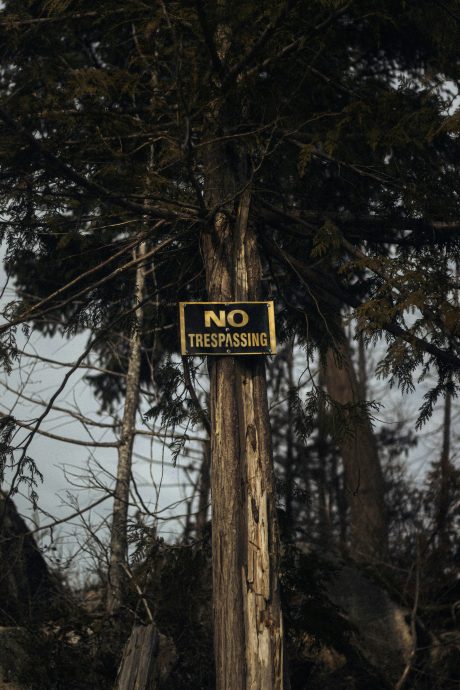
Traditional writing workshops often expect the author to be silent while their work is dissected—a practice known as the “gag rule.” But, as Carinya stressed, this can be deeply disempowering, especially for writers from marginalised backgrounds.
“It silences those who already feel silenced,” she quoted, referencing Naga and McGill’s critique of the workshop model (2022). Key parts of a writer’s intent can be missed, ignored, or misunderstood.
Instead, Carinya encourages workshops where writers set the terms: asking for feedback, contextualising their work, and choosing when and how to speak. “Be curious,” she urged. “Use questions. Don’t assume.”
3. Use Language as Liberation
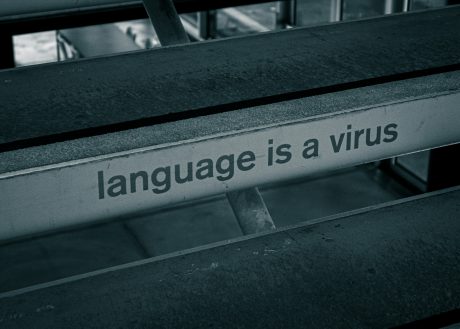
Carinya, who identifies as mixed-race with Guyanese and English heritage, spoke movingly about the violence of colonialism as a linguistic project: separating the language of education from the language of the home. She quoted Ngũgĩ wa Thiong’o: it is like “a society of bodiless heads and headless bodies” (1986).
She reminded us that multilingualism isn’t a deficit—it’s a source of richness. “You can write in whatever language you want,” she told participants. “Your story doesn’t need to be explained or translated with a white, English-speaking reader in mind.”
This insight aligns with my own practice: encouraging students to write from their full linguistic repertoire, without apology.
4. Start With Positionality

“I see myself as a facilitator,” Carinya said, “holding space for people to write and to share the stories that have been held inside them.”
Throughout her session, she modelled a powerful kind of teaching: grounded in reflection, humility, and an acute awareness of identity, power, and place. She asked us to define decolonisation in our own words—not to tick a box, but to ground the discussion in lived experience.
Reflecting on her own positionality—growing up in South-East London, navigating mixed identity, researching Guyanese and other types of literature—she invited others to do the same.
That’s how meaningful decolonisation begins: with self-awareness, not self-erasure.
5. Build Brave, Caring Classrooms
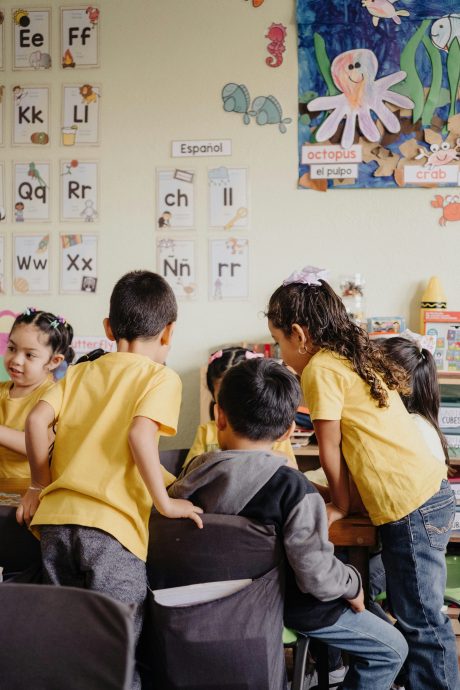
What stayed with me most was Carinya’s insistence that creative writing workshops should make space for discomfort and care.
“We need to talk about the institutional, structural, and epistemological legacies of colonialism,” she said. “And it is important to recognise the emotional impact, too.”
At one point, participants shared experiences of being marginalised or dismissed in writing workshops, including within academia. Carinya listened, affirmed, and wove these contributions into the learning. Her approach was dialogic, never didactic.
She invited us to write about our ideal decolonised classroom—and I responded with a poem. Here’s a fragment:
For Carinya
Mossy banks
wild trout jumping up
Carinya –
kindness and questioning
knowledge
and humility
rootedness – a connection with the Masters,
past and present
committed to learning
to discovering
emancipatory ways of understanding ourselves
Guyana – voices violently silenced –
oceans of death,
the breath of the living,
teaching
ourselves to understand the pain
the tragedy
to write our way
back to a decolonised self
where wild trout leap up
the cascading waterfall
in
the
awakened spring
(F. Gilbert May 1st 2025)
Come Learn With Me. Learn With Us.
If these conversations resonate with you, I invite you to explore more.
I write and speak regularly on decolonising creative writing pedagogy and run public masterclasses and talks (details on francisgilbert.co.uk). I’m also proud to lead the MA in Creative Writing and Education at Goldsmiths, which offers a dynamic space to explore these questions in depth.
Carinya Sharples exemplifies what this MA is all about: courageous, critical, creative education that disrupts hierarchies and opens up new possibilities.
Join us—and help change how creative writing is taught.
Explore the MA Creative and Education at Goldsmiths
Bibliography and further reading (as used in Carinya Sharples’ presentation)
Bhanot, K., 2015. Decolonise, not diversify. [online] Media Diversified. Available at: https://mediadiversified.org/2015/12/30/is-diversity-is-only-for-white-people/ [Accessed 2 May 2025].
Crenshaw, K., 1989. Demarginalizing the intersection of race and sex: a Black feminist critique of antidiscrimination doctrine, feminist theory and antiracist politics. University of Chicago Legal Forum, 1989(1), pp.139–167.
de Waal, K., 2018. Don’t dip your pen in someone else’s blood. The Irish Times. [online] Available at: https://www.irishtimes.com/culture/books/don-t-dip-your-pen-in-someone-else-s-blood-writers-and-the-other-1.3533819 [Accessed 2 May 2025].
Islam, M., 2019. Loosening our tongues: Toward a critical race practice in fiction writing workshops. New Writing: The International Journal for the Practice and Theory of Creative Writing, 16(2), pp.155–165.
Morton, D. and Zavarzadeh, M., 1988. Theory/pedagogy/politics: Texts for change. Urbana: University of Illinois Press.
Naga, N. and McGill, R., 2022. Negotiating cultural difference in creative writing workshops. New Writing: The International Journal for the Practice and Theory of Creative Writing, 19(1), pp.18–33.
Ngũgĩ wa Thiong’o, 1986. Decolonising the mind: The politics of language in African literature. London: James Currey.
Sharples, C., Gilbert, F. and Brankin, E., 2021. Inspire: Exciting ways to teach creative writing. [online] Goldsmiths, University of London. Available at: https://research.gold.ac.uk/id/eprint/29515/ [Accessed 2 May 2025].
Tuck, E. and Yang, K.W., 2012. Decolonization is not a metaphor. Decolonization: Indigeneity, Education & Society, 1(1), pp.1–40.
University of Leicester, 2022. Evaluating the Racially Inclusive Curricula Toolkit in HE. [online] Available at: https://le.ac.uk/-/media/uol/docs/research/institutes/ulihe/evaluating-the-racially-inclusive-curricula-toolkit-in-he-v2.pdf [Accessed 2 May 2025].
University of Warwick, n.d. What is decolonisation? [online] Available at: https://warwick.ac.uk/fac/soc/ces/research/current/socialtheory/maps/decolonising/ [Accessed 2 May 2025].

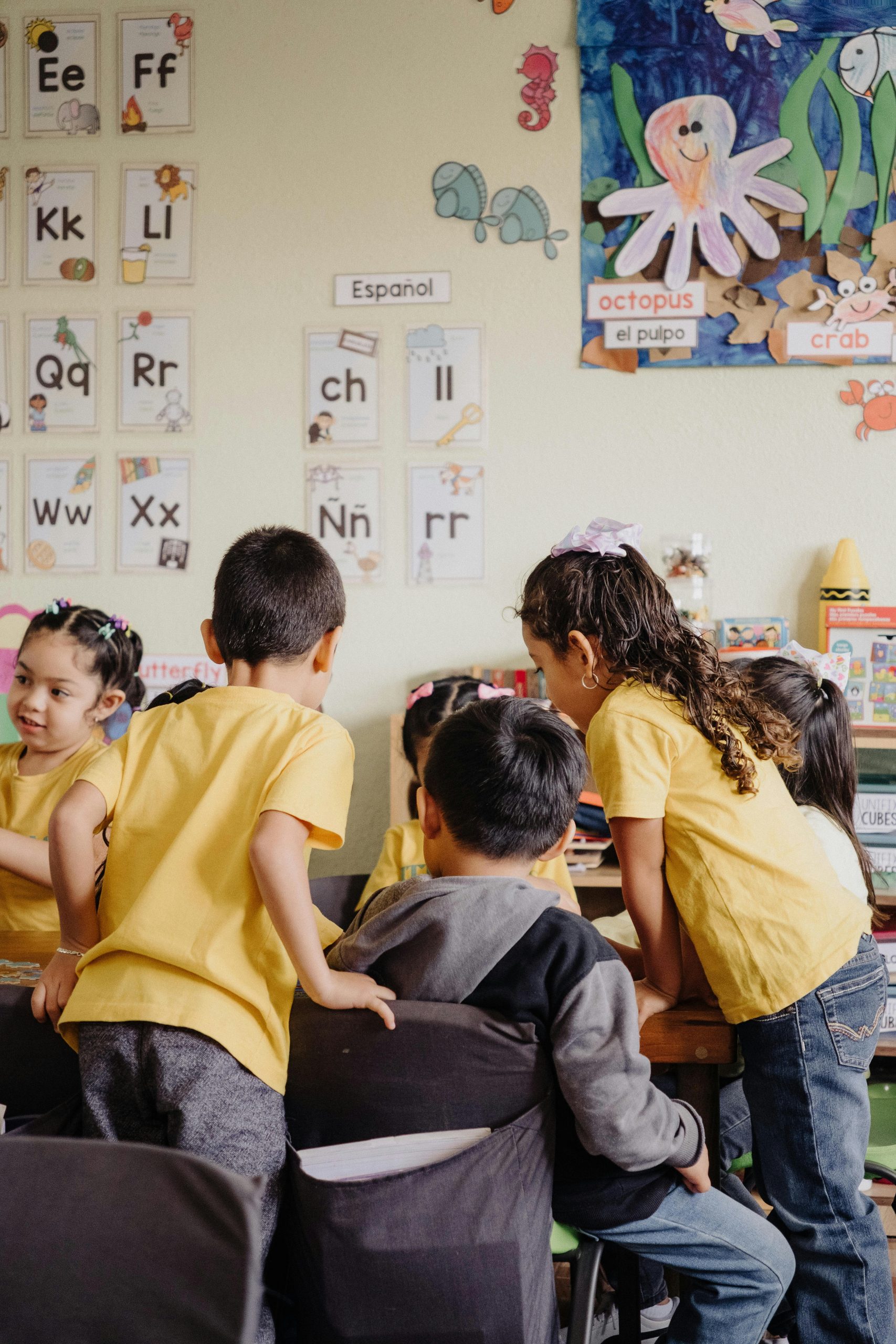
Leave a Reply